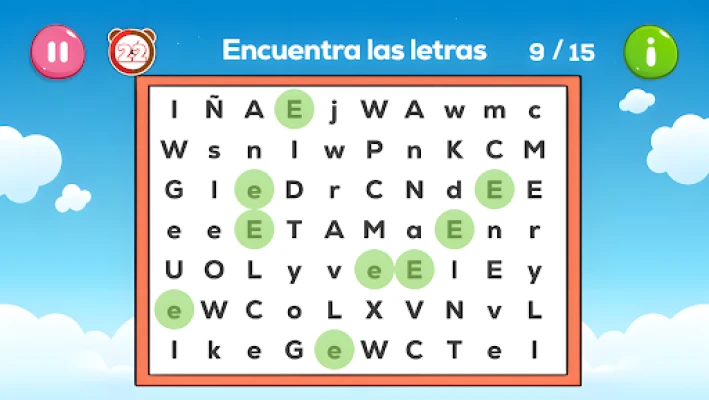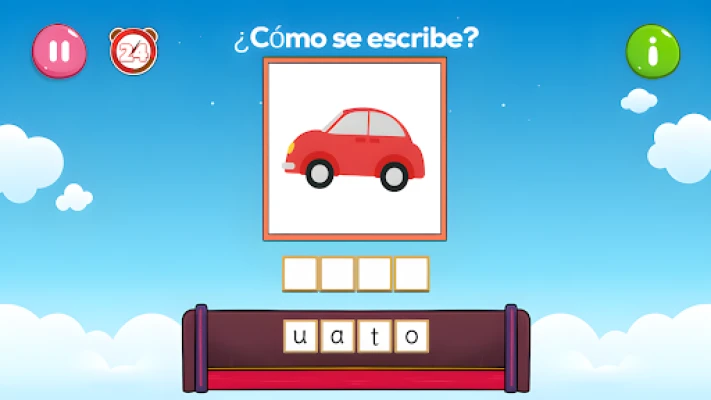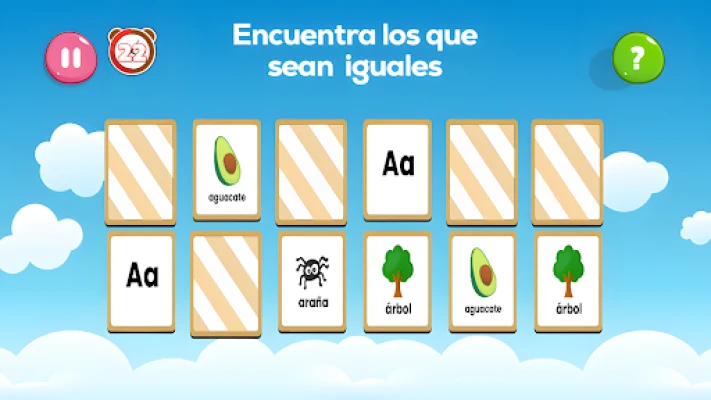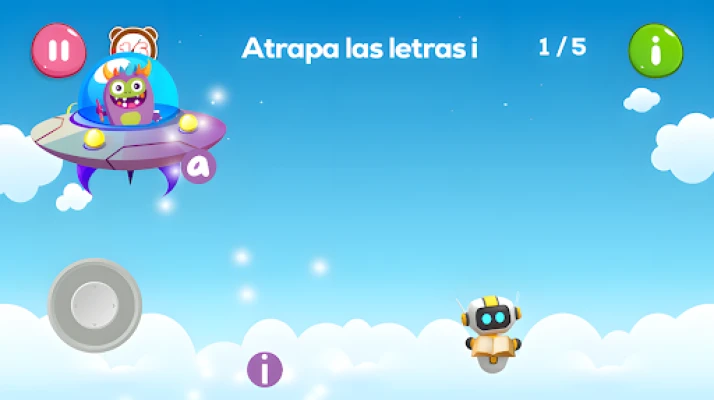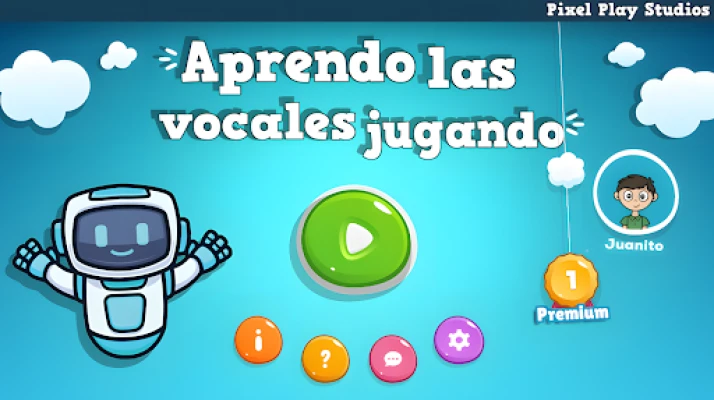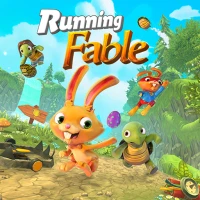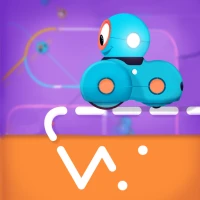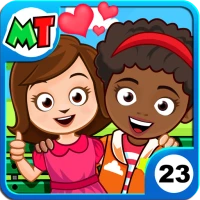
Latest Version
1.0.7
September 02, 2025
Pixel Play Studios
Games
Android
0
Free
com.pixelplay.studios.aprendervocales
Report a Problem
More About Aprendo las vocales jugando
Unlocking Fun and Learning: Engaging Memory Games for Kids
In today's digital age, educational games have become a vital tool for enhancing children's learning experiences. This article explores various memory games and activities that not only entertain but also promote cognitive development. From tracing letters to solving puzzles, these engaging activities will help children learn while having fun.
Memory Games: A Fun Way to Learn
Memory games are excellent for improving concentration and recall. They challenge children to remember the location of different items, enhancing their cognitive skills. Incorporating elements like letter tracing and word puzzles can make these games even more beneficial.
Letter Tracing: Building Foundations
One of the first steps in learning to read and write is mastering the alphabet. Letter tracing activities allow children to practice their handwriting while familiarizing themselves with each letter's shape. This foundational skill is crucial for developing literacy.
Word Search: A Quest for Knowledge
Word searches are not just entertaining; they also enhance vocabulary and spelling skills. By searching for words hidden in a grid, children learn to recognize letters and form words, reinforcing their understanding of language.
Puzzles: Piecing Together Learning
Puzzles are another fantastic way to engage young minds. They promote problem-solving skills and spatial awareness. Incorporating letters and words into puzzles can further enhance their educational value, making learning a playful experience.
Guess the Letter: An Interactive Challenge
The game of guessing letters can be a fun and interactive way to reinforce letter recognition. Children can take turns guessing letters based on clues, which helps them connect sounds with their corresponding letters.
Catch the Letters: A Dynamic Learning Experience
In the catch the letters game, children can engage in a physical activity that combines movement with learning. As they "catch" letters, they can practice saying the letter and forming words, making the learning process active and enjoyable.
Writing Letters: From Recognition to Creation
Encouraging children to write letters helps solidify their understanding of the alphabet. This activity can be paired with fun prompts, such as writing their names or simple words, to make it more engaging.
Forming Words: The Building Blocks of Language
Once children are comfortable with letters, the next step is forming words. Activities that encourage them to combine letters into words can significantly enhance their reading and writing skills. This can be done through games that require them to create words from a set of letters.
Identifying Initial Letters: A Key Skill
Teaching children to identify the initial letter of a word is crucial for phonetic awareness. Activities that focus on this skill can help them understand how words are constructed and improve their reading abilities.
Connecting Words and Sounds: Phonetic Awareness
Understanding the relationship between words and sounds is essential for literacy. Engaging children in activities that emphasize phonetics can help them develop strong reading skills. This can include rhyming games and sound matching exercises.
Reading Comprehension: The Joy of Stories
Reading comprehension is a vital skill that can be nurtured through storytelling. Encouraging children to read stories and discuss them helps improve their understanding and retention of information. This can be enhanced with interactive questions and activities related to the story.
2D Adventure: Collecting Letters
Incorporating technology, a 2D adventure game where children collect letters can make learning exciting. These games can combine fun graphics with educational content, allowing children to learn while exploring virtual worlds.
Rewards and Motivation: Celebrating Achievements
To keep children motivated, consider implementing a reward system. Prizes and songs can be given upon completing each section of the game or activity. This not only encourages participation but also reinforces the learning experience.
Conclusion: Making Learning Enjoyable
Incorporating memory games and interactive activities into children's learning routines can significantly enhance their educational experience. By focusing on letter recognition, word formation, and reading comprehension, parents and educators can create a fun and effective learning environment. With the right tools and motivation, children can develop essential skills while enjoying the process.
Rate the App
User Reviews
Popular Apps










Editor's Choice











